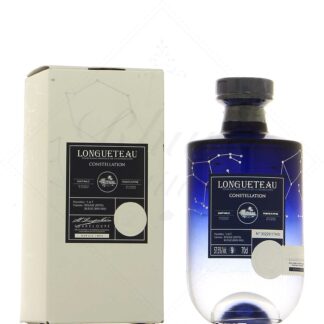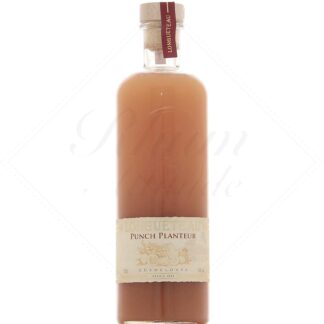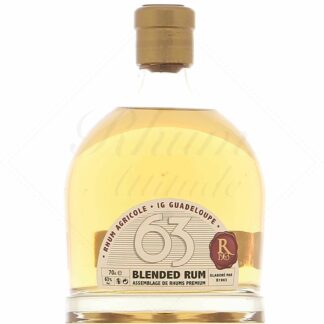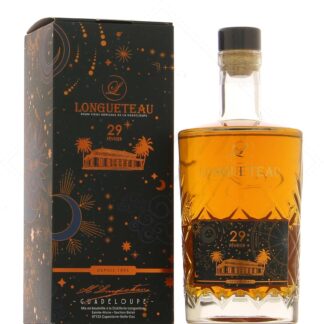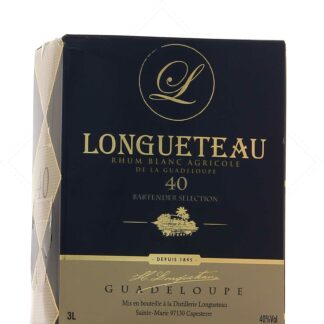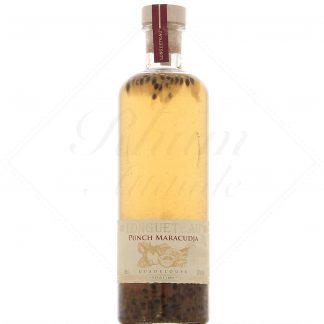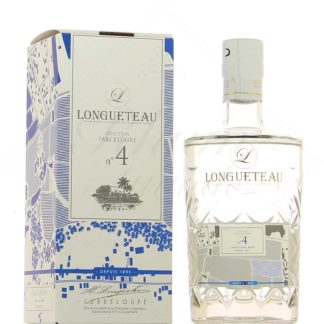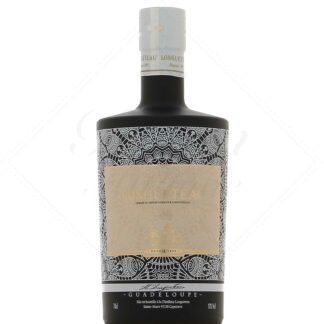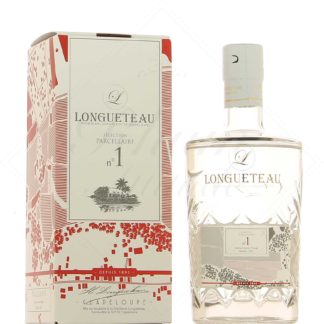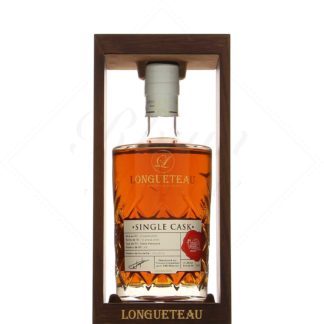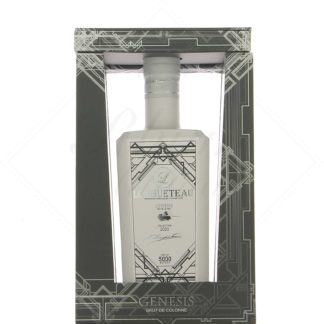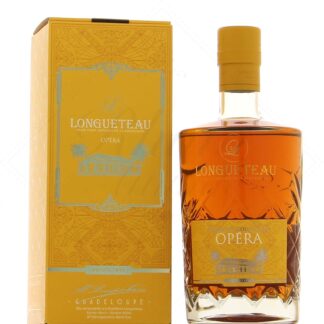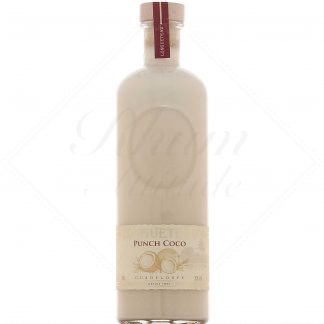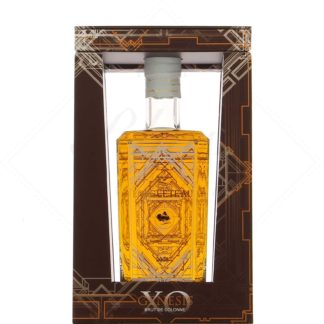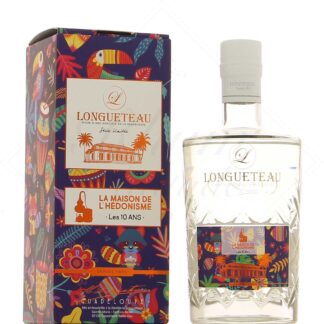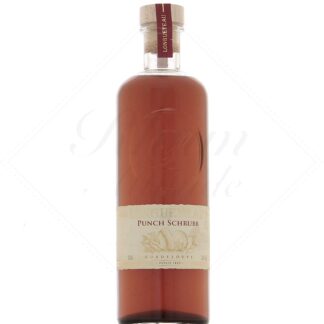Longueteau

The history of Longueteau rum
The Espérance distillery, birthplace of Longueteau rums, is the smallest distillery in Guadeloupe. It is located in Basse-Terre, at the foot of La Soufrière.
Its story begins at the end of the 19th century, when a certain Marquis de Sainte Marie was producing cane and sugar on his estate in Guadeloupe. In 1895, in the midst of the sugar crisis, the company was in a bad way and the Marquis proved to be a poor manager. He was forced to sell off his farm.
Louis-Philippe Henry Longueteau, owner of a nearby sugar mill, acquired the property and built the Espérance in place of the sugar refinery. The Marquisat de Sainte-Marie estate now produces agricultural rum, more interestingand profitable than the sugar. The walls built at that time are are still those of the d'distillery.
In 1927, Henri Longueteau fils took over and began modernizing the plant. In particular, he replaced the old paddle wheel with a steam engine powered by bagasse.
The beginnings of François Longueteau père
Paul-Henri Longueteau took over the family business in 1968. His son François, the current owner, began working with him in 1979. He occupies every position from cane to bottling.
From 1980 onwards, cane harvesting was mechanized, and thought was given to improving yields in the fields. In 1981, the only cane planted on the estate was blue cane. The old variety of cane (BH) was not suited to the distillery's new ambitions.
François Longueteau, who knows the estate like the back of his hand, took over from his father in 2005. He undertook to dedicate all the cultivated plots to sugarcane (blue and red). Prior to this, most of the 70 hectares were planted with bananas.
He was joined by his sons, Nicolas and François. Today, they are responsible for white and aged rums respectively. The distillery remains family-owned and independent.
Longueteau rum production
Longueteau and its Marquisat de Sainte-Marie is one of the rare estates to be 100 % self-sufficient in cane, and above all in machinery. This is of the utmost importance, as François Longueteau harvest when François Longteau harvests when he wants, when the cane is at its best.
The farm has 12 plots, 9 of which are planted with red cane, and 3 with blue cane. Blue cane (B.69-566) has the advantage of being highly fragrant, wind-resistant and an effective pest repellent for rats and iguanas. On the other hand, it is hard and causes long-term damage to the mills used for grinding.
Red cane, on the other hand, provides more sugar and allows us to produce smoother rums. It does, however, have the disadvantage of being fragile.
François Longueteau, both farmer and distiller, observed the effects of plots and cane varieties early on. These observations were shared with enthusiasts with a series of plot-based rums back in 2015. The experiment is repeated every year, which also enables us to appreciate the differences from one year to the next.
Cane has long been, and wherever possible, cultivated according to the principles of sustainable agriculture . Longueteau is now working on organic farming, plot no . 11 meets its standards but is not yet certified . Ultimately, the entire estate aims to be certified organic .
Longueteau rums benefit from a Guadeloupe PGI, with specifications guaranteeing a high standard of quality.
Longueteau's technical side
When the cane is pressed, it is soaked in water from the Soufrière volcano, to extract as much juice as possible. The vesou is then placed in 170 hectoliter fermentation vats, in the presence of sourdough. Fermentation takes place over 48 hours, without acidifying the must.
Distillation takes place on a Savalle copper and stainless steel column, equipped with 28 trays. The resulting rum has an alcohol content of 70-80%.
Longueteau rums have long been, and still are, renowned for their unaged expressions. Longueteau 50% (65% red cane, 35% blue cane) is a benchmark. The 62% is simply recognized as one of the world's finest white rums.
The parcel selections have been a huge success since the first edition, from a 2014 harvest. This is also true of Genesis, one of Guadeloupe's first Bruts de colonne.
VS, VSOP and XO aged rums are now highly sought-after rarities, and a new Harmonie range has been launched. Prélude, Symphonie and Concerto rums have made a resounding entry, with a philosophy based on blending, not ageing.
The legendary cuvée des 120 ans, featuring the house's finest vintages, is the jewel in the crown of the finest rum collections. Read less
-
-
-
-
-
-
-
-
-
-
-
-
-
-
-
Longueteau 10 years of the House of Hedonism White Red cane Plot n°6 2023 59°
- Guadeloupe
- 59 ° - 70 cl
-
